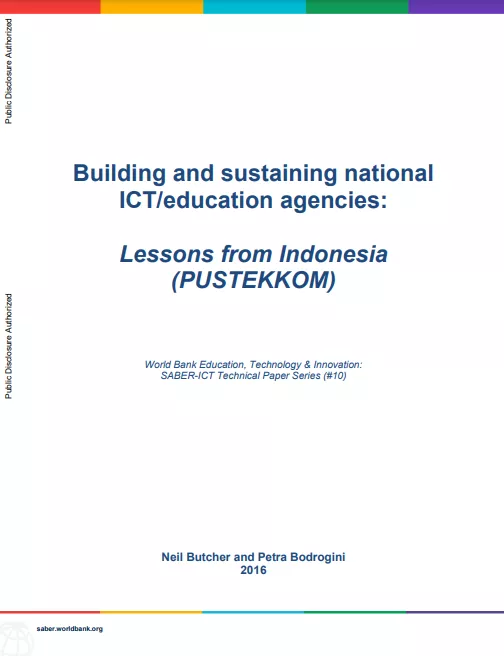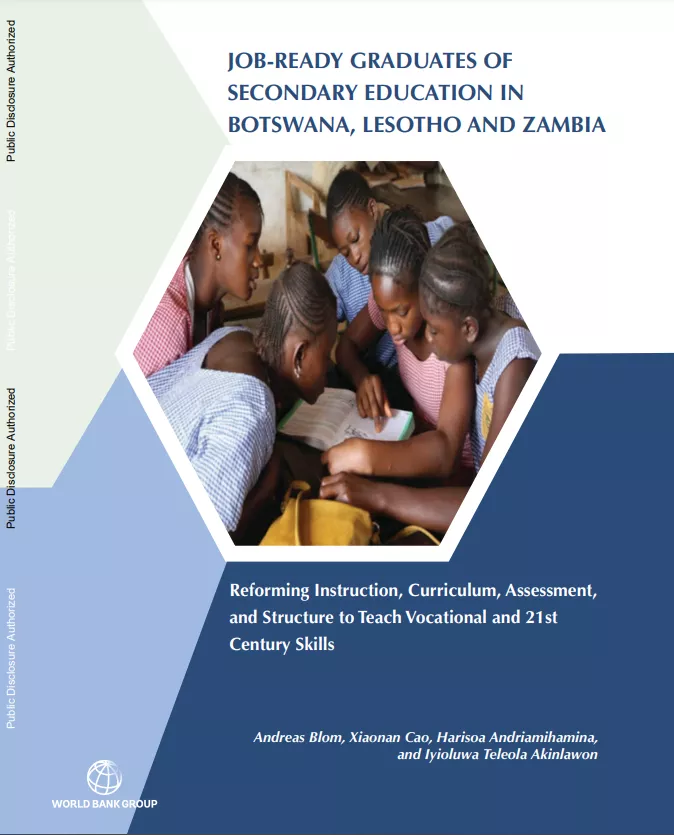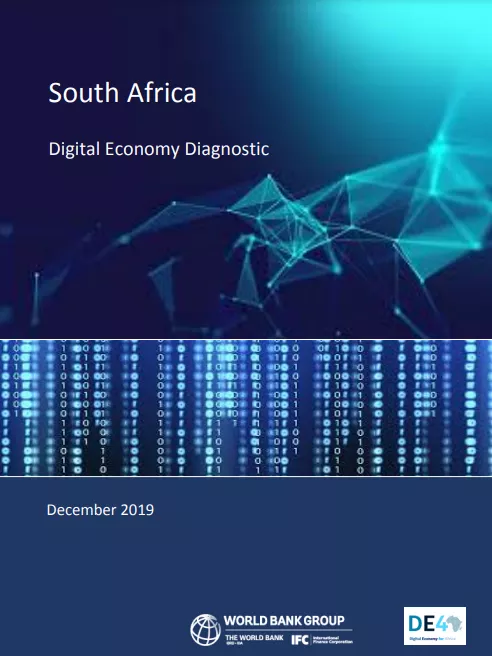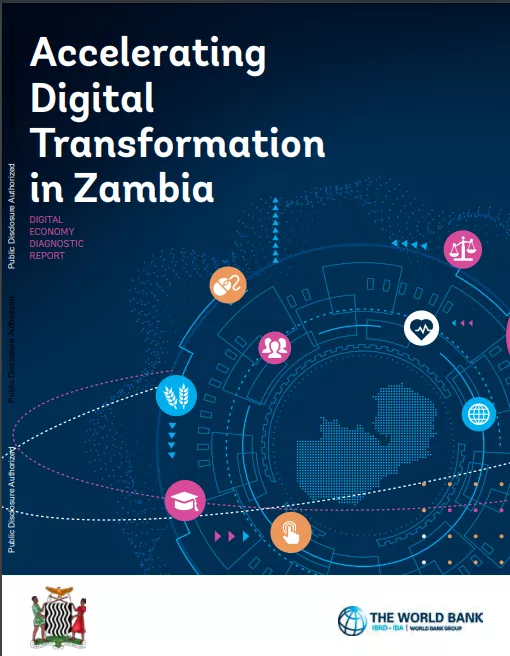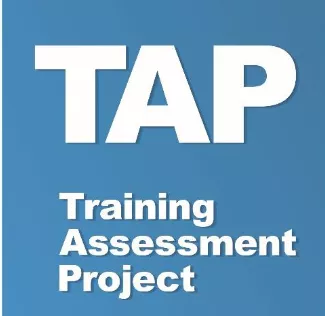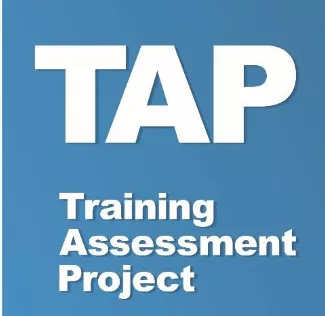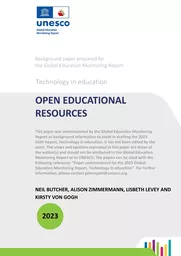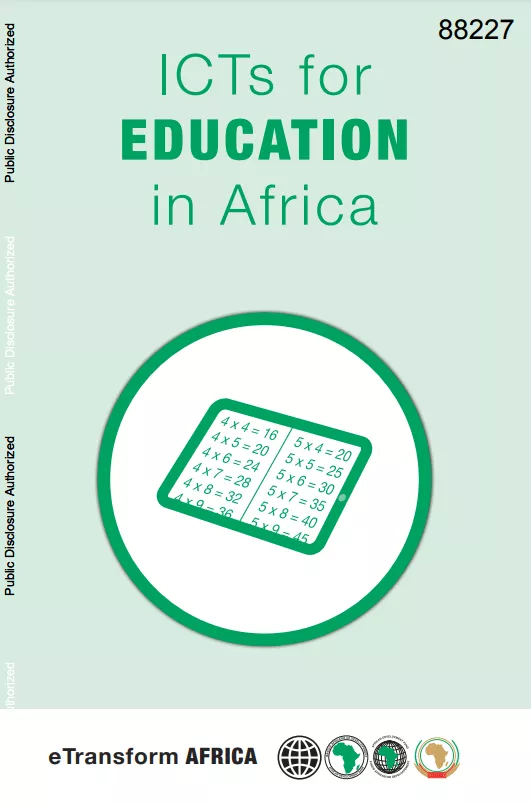
ICTs for education in Africa
The future development of Africa and its participation in the knowledge society will be greatly influenced by how Africa manages to deliver quality education to its citizens. Education forms the basis for developing innovation, science, and technology, in order to harness resources, industrialize, and participate in the global knowledge economy and for Africa to take its rightful place in the global community.

